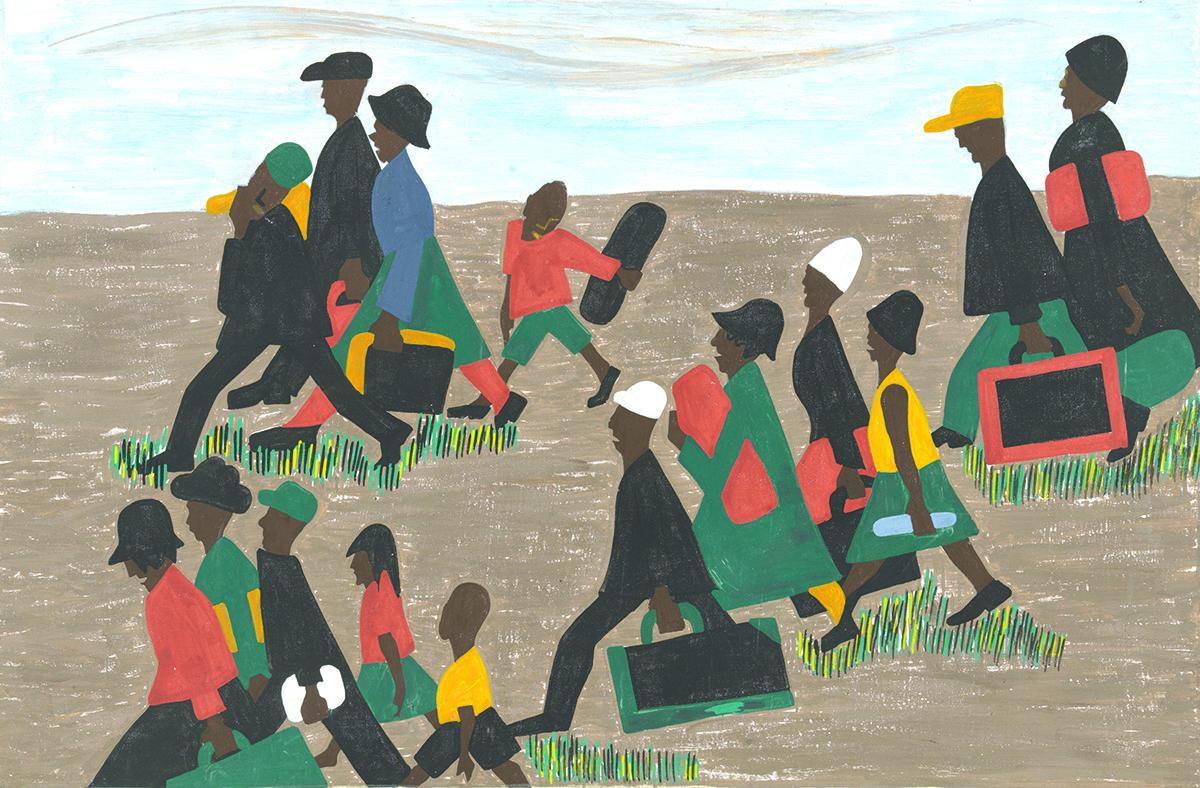Prior to reading the primary sources about President Lincoln and his actions before the Civil War, I was unaware of his stance on Slavery and emancipation. The main source that demonstrated his position on slavery to me was the letter he wrote to Horace Greeley.
I was always taught growing up that President Lincoln was the President who freed all of the slaves, which painted him as a hero in my eyes, and I’m sure in the eyes of my classmates as well. But, in reality his goal was not to free the slaves, but to save the union. he made this explicitly clear in his letter to Horace Greeley, “My paramount object in this struggle is to save the Union, and is not either to save or to destroy slavery. If I could save the Union without freeing any slave I would do it, and if I could save it by freeing all the slaves I would do it; and if I could save it by freeing some and leaving others alone I would also do that” (President Lincoln). Clearly as the war waged on President Lincoln saw freeing the slaves as an advantageous military strategy, which was his ultimate motivation for the Emancipation Proclamation, not because he was an abolitionist. This was interesting to me because again it demonstrates how history books you read as a child tend to be extremely biased. I think its important for children to be taught history from an unbiased perspective, rather than a white washed one. Had I never read this primary source my viewpoint on President Lincoln most likely would have never changed. Although he did ultimately free the slaves, I think it would have been extremely interesting to be able to read about the types of policies President Lincoln would have established during Reconstruction had he not been assassinated. Those policies most likely would have shed more light on President Lincoln’s true colors.

I thought that same thing when I was growing up. I believed that Lincoln freed slaves because it was morally wrong rather than for preserving the union. I thought that he wanted the best for African Americans because he believed we were equal. Finding out that he did not free slaves for that reason was a huge shock for me. It makes me wonder why all these years of learning about Abraham Lincoln freeing the slaves have so many people not been taught about his real intentions.
I was taught the same thing about Lincoln growing up. I think many schools are guilty of white washing history. The most surprising historical figure that was white washed for me is Rosa Parks, who we’ll probably learn about later in the course. I learned in school that Rosa Parks was the woman who wouldn’t give up her seat and her story and legacy is widely known. I recently learned however that it was first a young girl named Claudette Colvin then Mary Louise Smith in 1955 who wouldn’t go to the back of the bus. The community was hesitant for these girls to be representatives because they were too dark skinned and poor. So, Rosa Parks took on the story because she was lighter.
Aidanc I could not agree more. Prior to my taking of this class, I would have considered President Lincoln to be one of my favorite presidents. Not only because he freed the slaves but simply because I thought he was the first powerful figure to give a voice to the voiceless and have good upstanding morals. Now, I realize it was strictly business and that there was no personal agenda tied into it. In 1862 President Abraham’s Letter To Colored People stated, “You will never be our political or social equals”. This left me in total awe because throughout my entire life of schooling President Lincoln has always been painted as our hero, “The Great Emancipator”. To a point, he still is. No matter Lincoln’s motives, he still is the driving factor that led to the freedom of the African-american. However, he is not the man he is portrayed to be in all levels of primary schooling. In, my opinion this shows how easy and simple it is for America to white wash history. If we’re doing this to our own history, this only brings more and more feelings of doubt towards the teaching of other culture’s history.